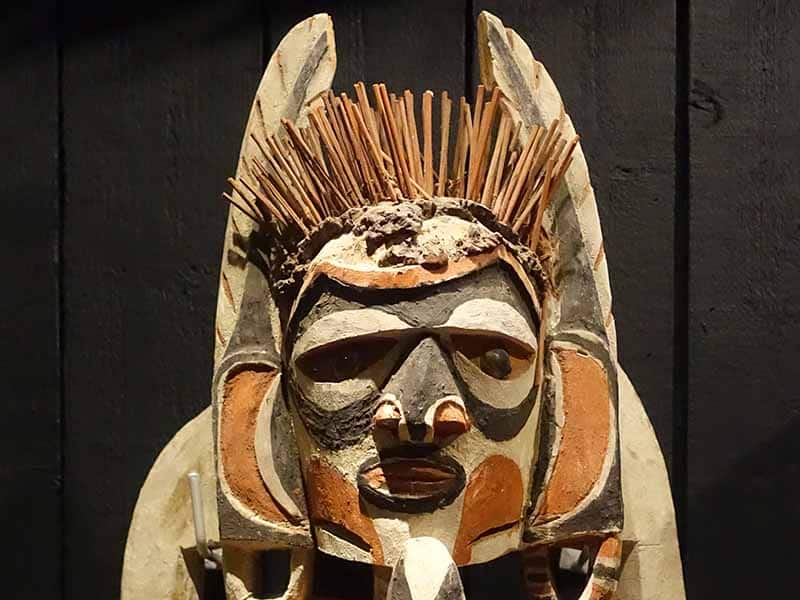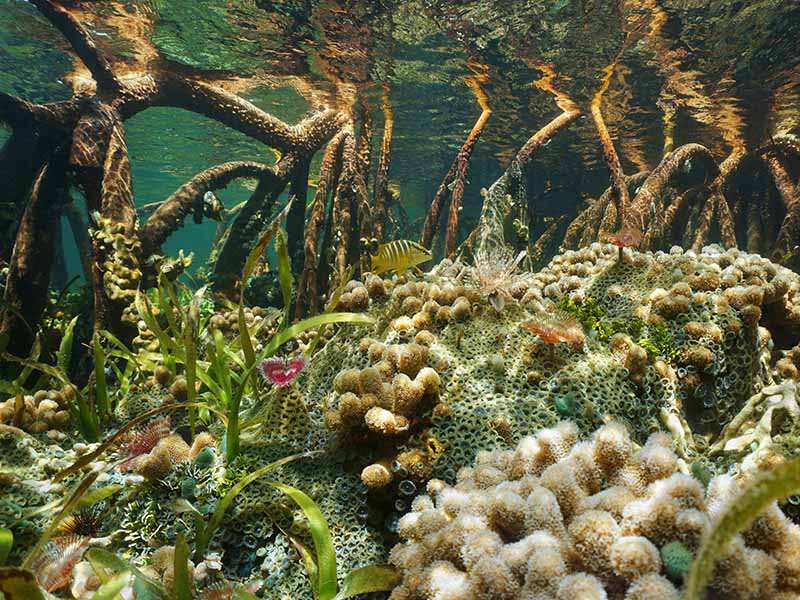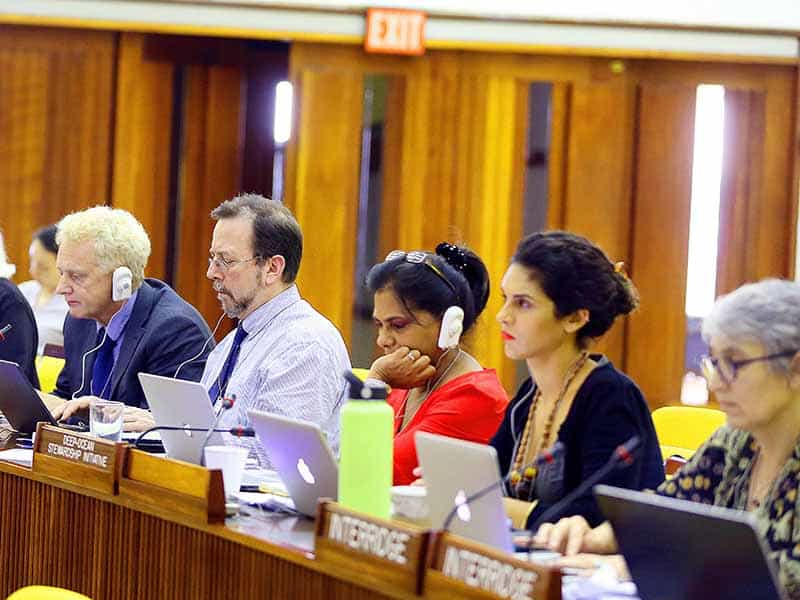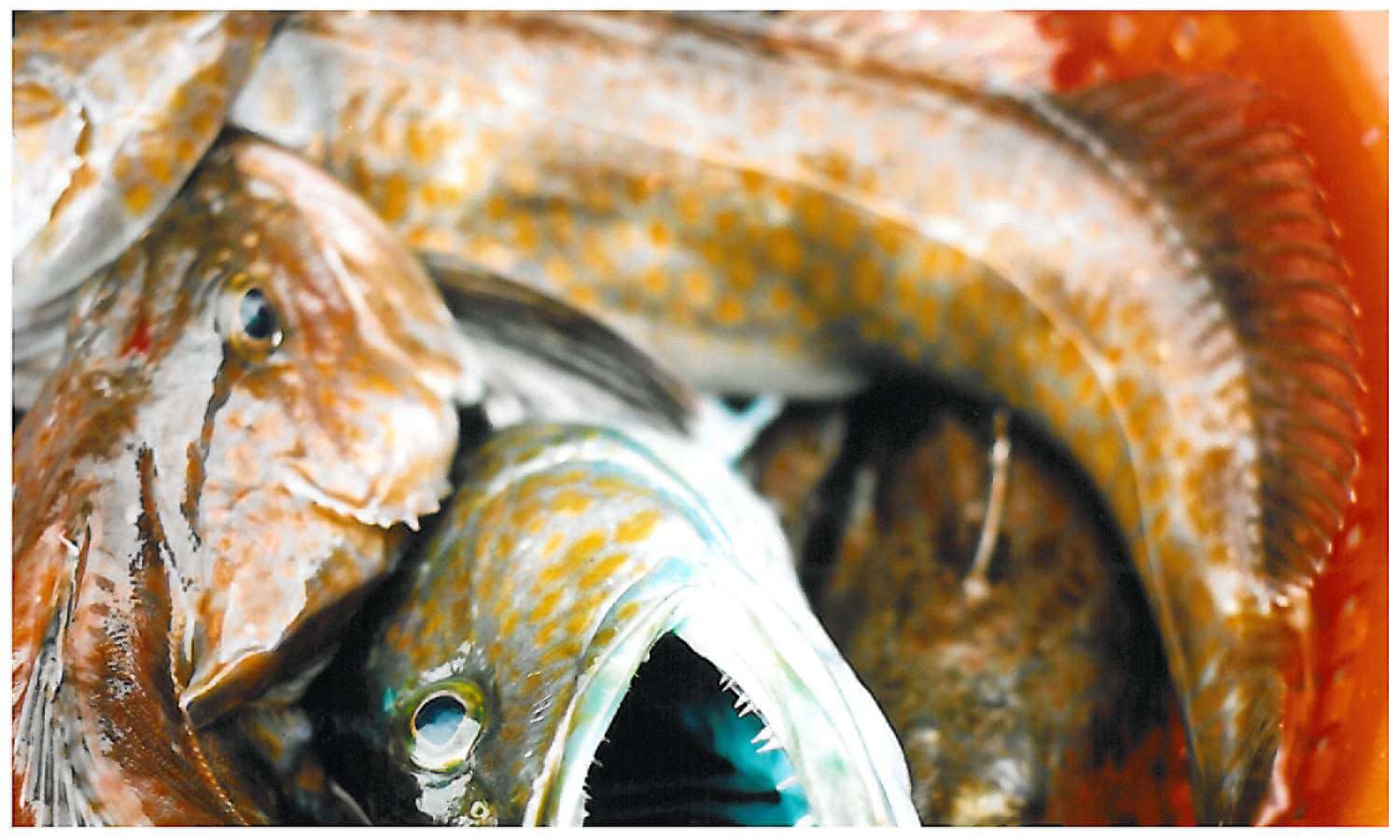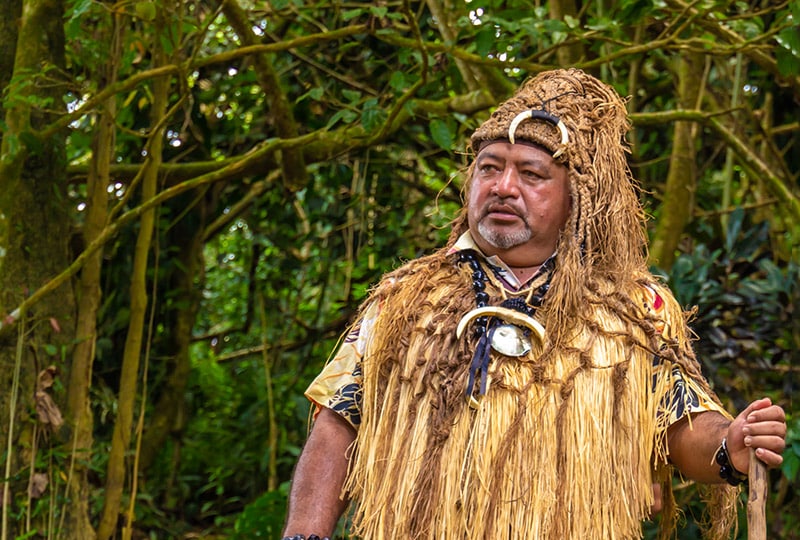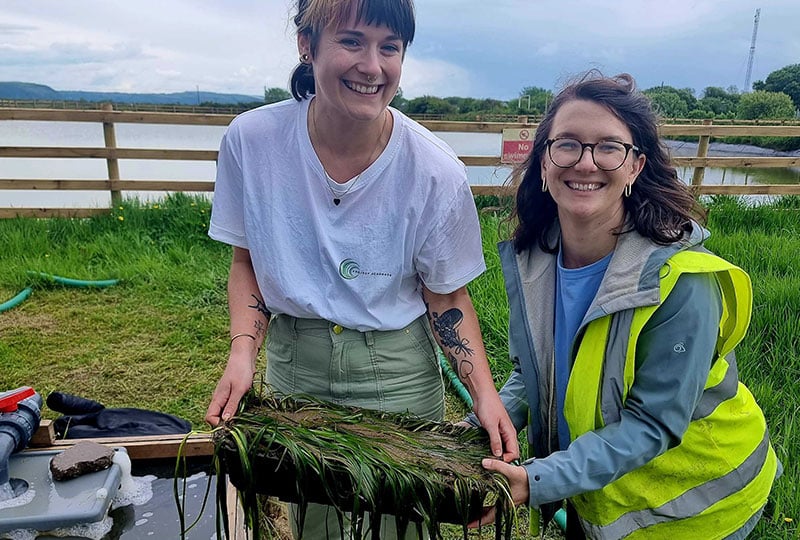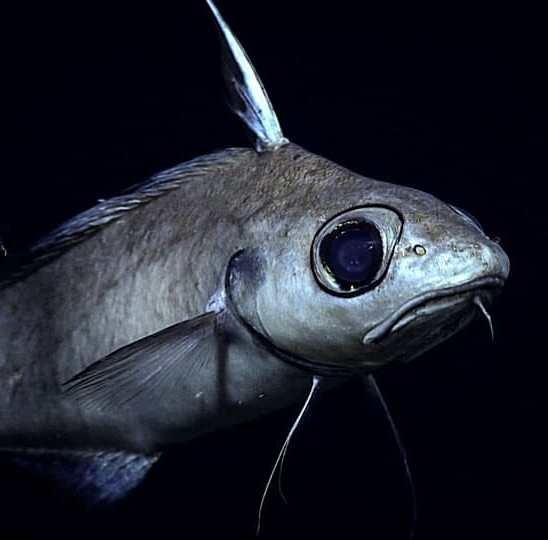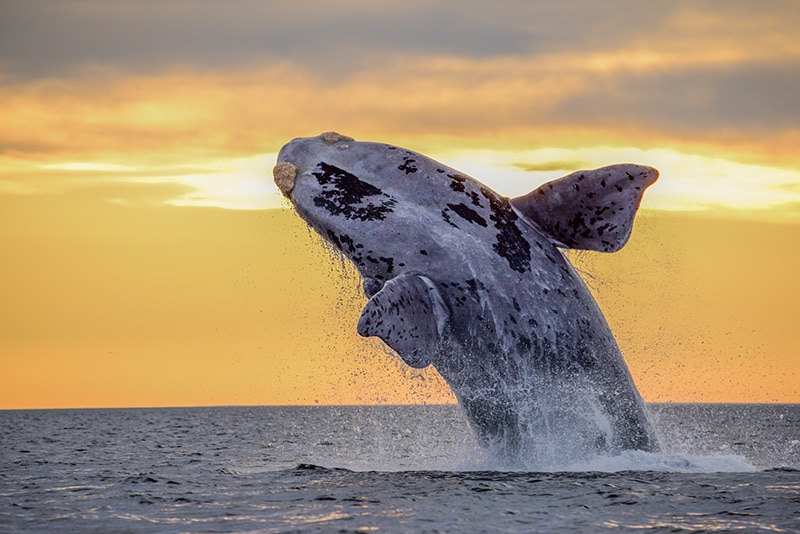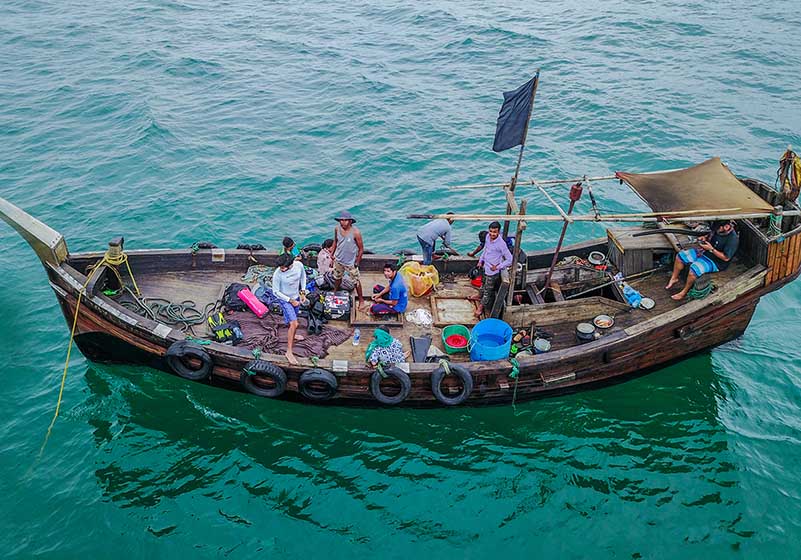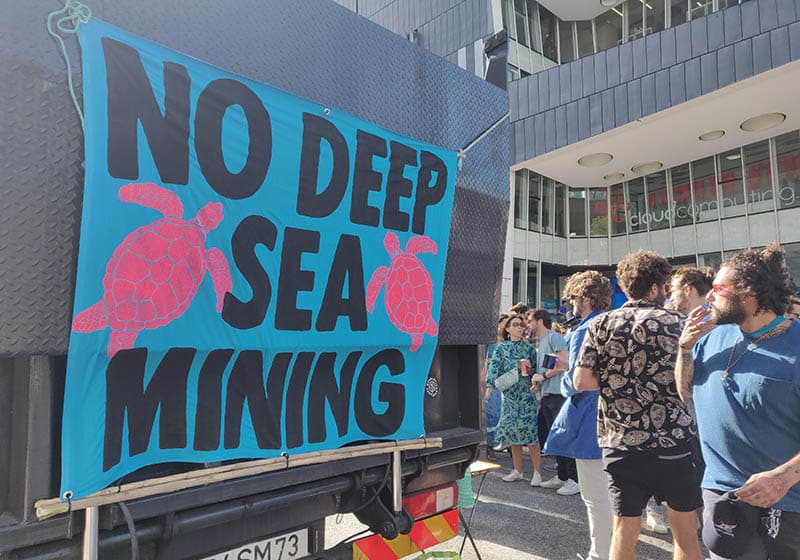Building a flourishing future for ocean life

The ocean is fundamentally important to life on Earth. From its glittering turquoise shallows to its inky depths, the ocean makes up 97 per cent of the liveable space on our planet, home to an estimated 2.2 million species, and supports the livelihoods of over three billion people. Ocean currents are key to global weather patterns, while processes in the ocean produce half of the world’s oxygen, and ocean ecosystems absorb a quarter of the carbon dioxide and over 90 per cent of the heat emitted by humanity.
Our Programme
The Ocean Programme aims to address critical yet often less familiar and underfunded conservation challenges for the global ocean. Ocean conservation work only receives a very small percentage of total environment funding from UK trusts and foundations, demonstrating an urgent need to increase support to the blue heart of our planet. The focus of this Programme is to increase funding and support for work in the following three key strands:
* Images (L to R): Ailan Awareness; iStock; IISD
“What I particularly like is that Synchronicity Earth really think about what they are supporting and funding and the result of that has been a focus on some areas which other people have neglected – in terms of funding – but which are incredibly important.”
Professor Alex Rogers, Director of science at REV Ocean
Partner Profile: Bloom Association
Bloom Association is a small but mighty French NGO fighting to prevent destruction of the marine environment. Among its many achievements, Bloom Association was instrumental in getting a ban on deep-sea trawling below 800 metres in the Northeast Atlantic which came into force at the beginning of 2017.
Founder Claire Nouvian was awarded the Goldman Environmental Prize (Europe) in 2018 for her work to combat deep-sea trawling. Bloom is also conducting powerful campaigns on sustainable fishing and damaging electric fishing.

Bloom Association team © Goldman Environmental Prize
Image © Goldman Environmental Prize
“Emptying the ocean at the pace we are currently doing is a huge issue. We need to look at the reality of subsidies out there, whether it’s access to private banking or public subsidies, to ensure that we stop creating a financial incentive to destroy the ocean. When I say destroying the ocean, there is no question that is what we are doing – we’re destroying marine habitats, fish populations and jobs which depend on fish populations.”
Claire Nouvian, Bloom Association
Spotlight on Species: Sawfish
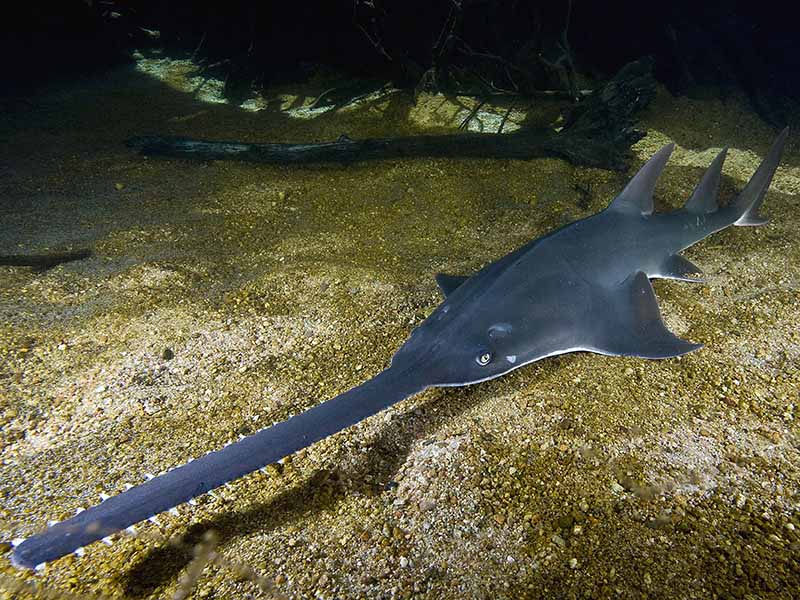
Sawfish_credit Simon Fraser University (1)
Image © Simon Fraser University
You only need to take one look at these animals to understand where they got their name. With a distinctive, toothed snout that bares an uncanny resemblance to a saw, sawfish are easy to identify (note that they are different from swordfish, which are named after a different man-made object). While they look like a very quirky shark, sawfish are actually classed as rays, and are found in tropical shallows of both marine and freshwater environments. Their incredible facial appendages have been found to be able to detect electric currents, giving sawfish a ‘sixth sense’ when catching prey in murky waters.
Sadly, sawfish are arguably the most endangered group of marine fishes in the world, with all five species of sawfish being classified as Critically Endangered or Endangered on the International Union for Conservation of Nature Red List of Threatened Species. Their intricate snout leaves them highly vulnerable to entanglement in fishing nets, and they are also valued for use in traditional medicine and for cultural purposes.
“The wonderful morphology of these species, with their long, highly distinctive tooth-nosed snout, makes them a truly striking and iconic image of our seas. Unfortunately, this unique feature has sadly been the cause of their own ruin…”
– Dr. Simon Stuart, Synchronicity Earth Chief Scientific Adviser
The ocean is a vast, relatively unknown but critical support system for the health, wellbeing and survival of all life on Earth. Through our Ocean Programme we identify, fund and support people and organisations helping to protect extraordinary ocean species and habitats, working with and for the communities that depend on them. At the same time, our programme explores systemic work to support research and influence policy that can contribute to better understanding of the issues affecting our ocean and more robust measures to protect it.
Ocean News
If you are interested in supporting our Ocean Programme, please get in touch.

